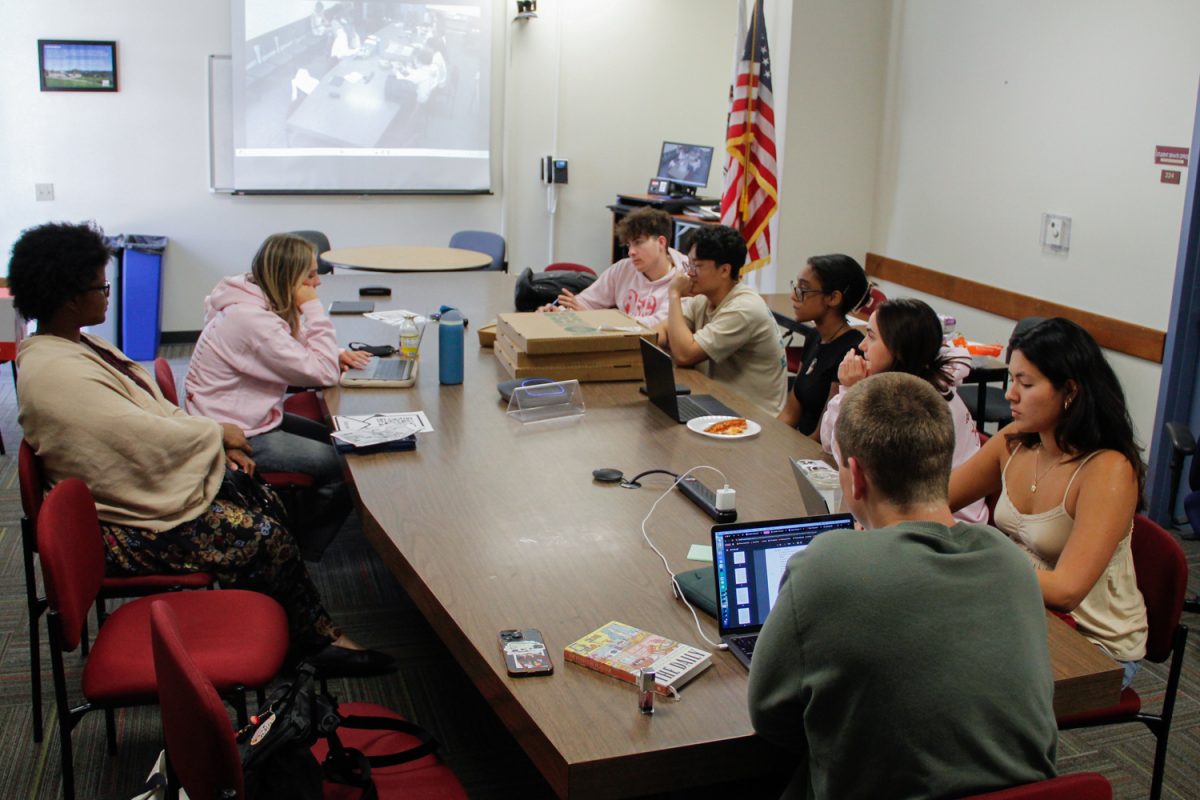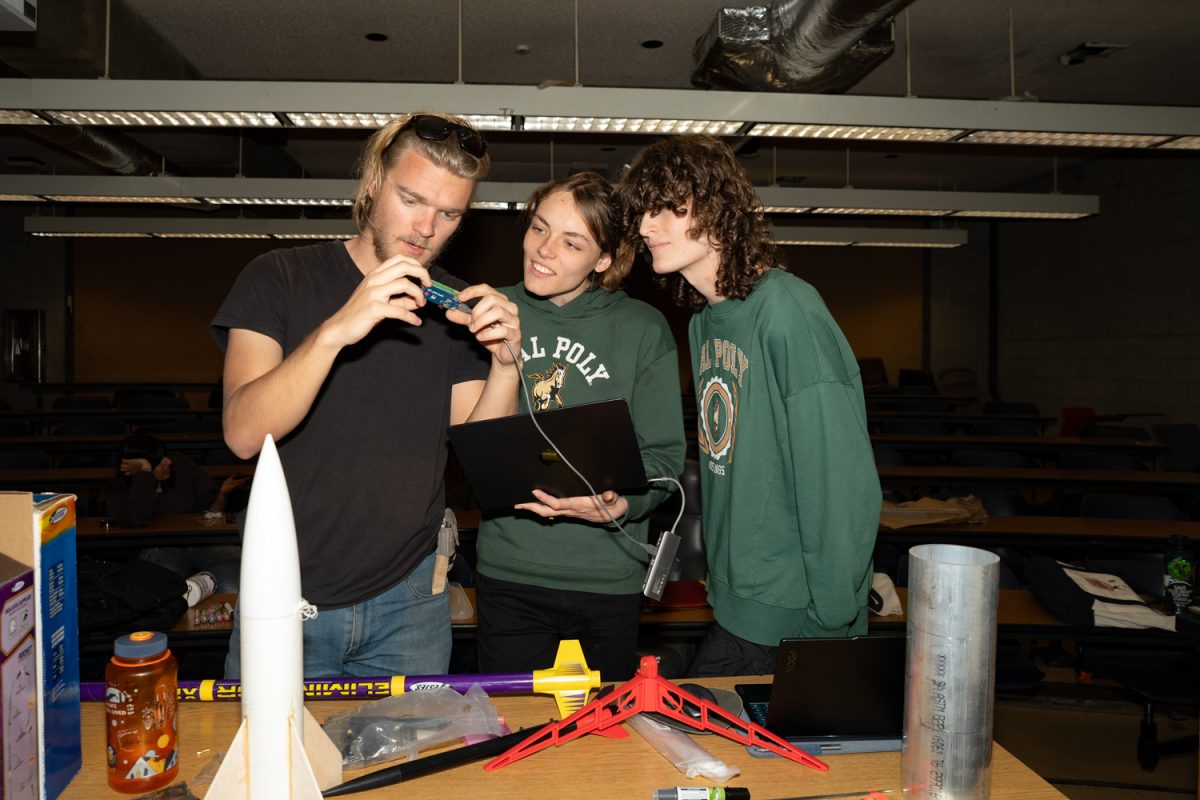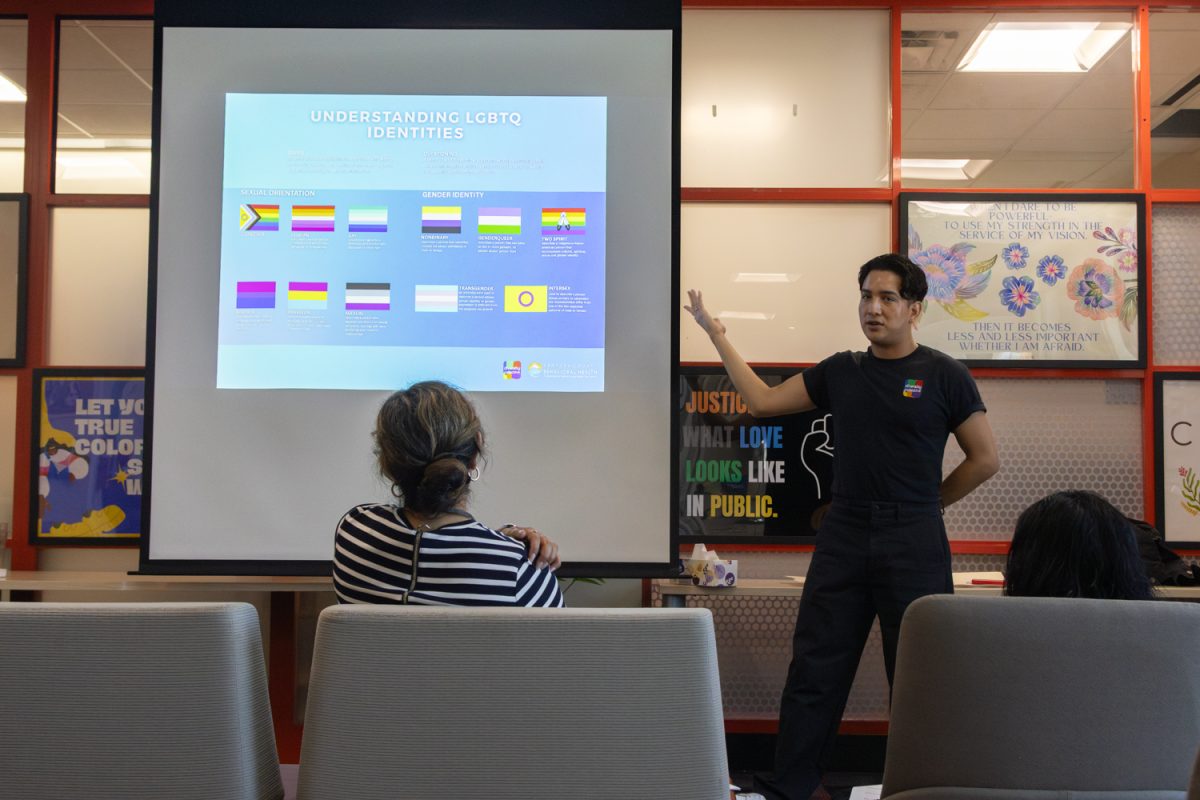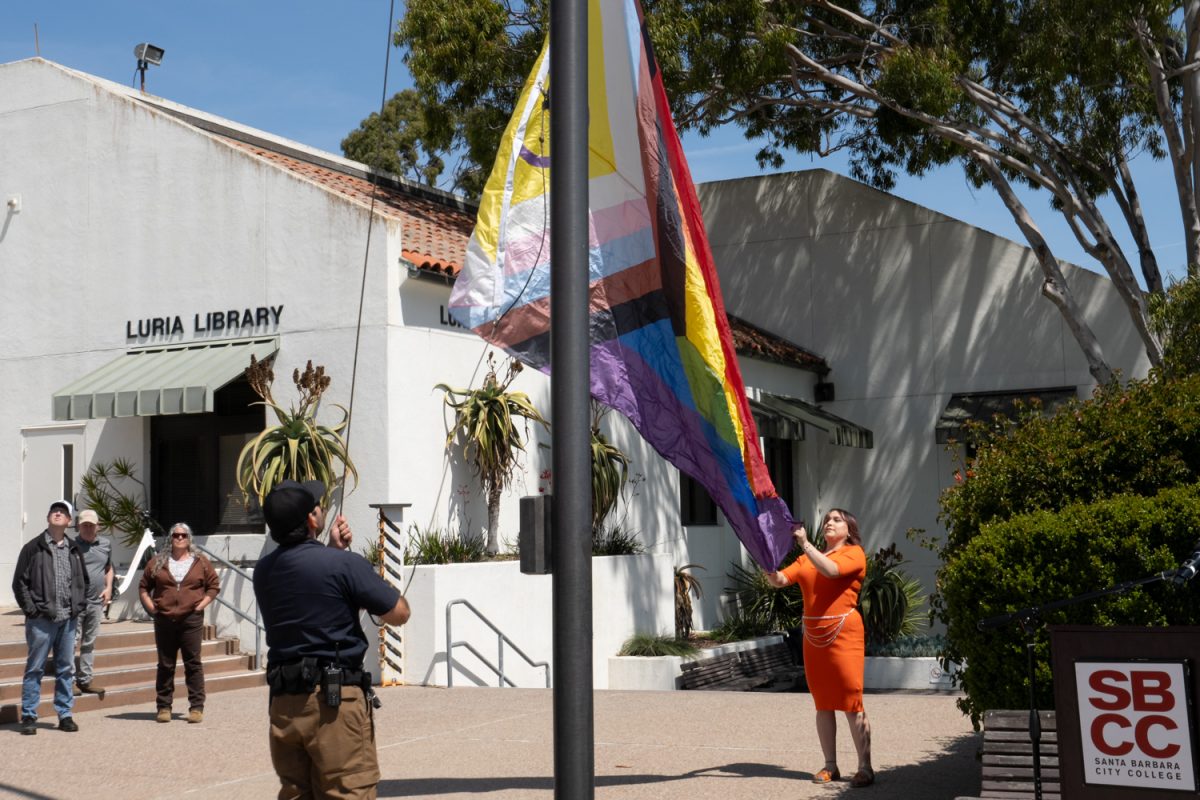City College is working to lower the cost of textbooks by supporting free, online teaching materials, to be implemented by Spring, 2017.
The Academic Senate endorsed a resolution Wednesday encouraging the adoption of more open educational resources, and discussed necessary steps to apply for a grant offered by the College Textbook Affordability Act, which would help offset the cost and time of implementing the free resources.
“At the risk of sounding not very critical in my thinking, I think that this is a really wonderful opportunity,” said Sen. Priscilla Butler, president elect of the Academic Senate.
The act, Assembly Bill 798, could provide up to $50,000 and help implement the resources, called OER’s. These include teaching materials such as online textbooks and articles, which would be free of cost because there is no copyright.
Earlier in the semester, the senate decided to support this, but needed someone to take the lead. Camerin Poulson, part-time librarian and full-time technician, stepped up as Textbook Campus Coordinator and will head the application for the grant.
“As a librarian I am committed to expanding the use of open access materials and I would love to be part of the OER adoption effort on campus,” Poulson wrote back.
Poulson purchases the library’s reserve textbooks and understands the costs of textbooks assigned at City College. She also works with financially struggling students.
Now that the senate has endorsed a resolution and found a coordinator, they will write a draft for the plan to implement the textbook affordability program, and then work on getting at least 10 courses to commit to using the resources.
The senate plans to implement the free resources by Spring, 2017 and continue through the fall. If it is successful they can apply again in Summer, 2018.
The grant would give the college $10,000 for 10 courses, each course receiving $1,000.
To receive funding, the courses must meet some requirements. The cost of course materials must decrease by 30 percent compared to the current cost and the instructor must do “curriculum modification or conversion based on the materials,” according to Academic President Kim Monda.
Once the college receives the funding, it can be spent on what the college deems necessary. The proposed use of funding is to pay Poulson for his work and give participating instructors a $500 stipend to modify their materials.
It would also go towards $250 stipends for instructors already using the free resources, who can give workshops to help other teachers switch over.
The free resources still come with costs, as Sen. Jennifer Maupin, assistant biology professor, pointed out.
“The publisher does resources associated with the open source text, and the students buy those resources,” said Maupin. “You’re looking at a 30 percent reduction, if they wanted it to be free it would be 100 percent. You’re not going to get free materials always for these classes.”
Some voiced concern about the work involved in altering a course to fit the new texts.
“There was a lot of work involved,” said Sen. Gordon Coburn, chair of the alcohol and drug counseling department. “It looks like it’s easy to do, but I looked into it, and spent a couple weeks looking into it, and it was just changing the course too much, and it was too much work.”
Courses would not be required or expected to switch to these resources solely, and could still use other materials, as long as it is at least a 30 percent cost reduction.
“I think it depends on the materials,” Monda said. “It depends on the book you want, it depends on, like in my field, introducing new reading doesn’t change how I teach how to write a paper.”
There are some instructors who have found free textbooks similar to ones they already use, so the switch wouldn’t be difficult, Monda said.
“We would really like to target those sections with expensive texts and see if there are really great alternatives out there,” Monda said.










